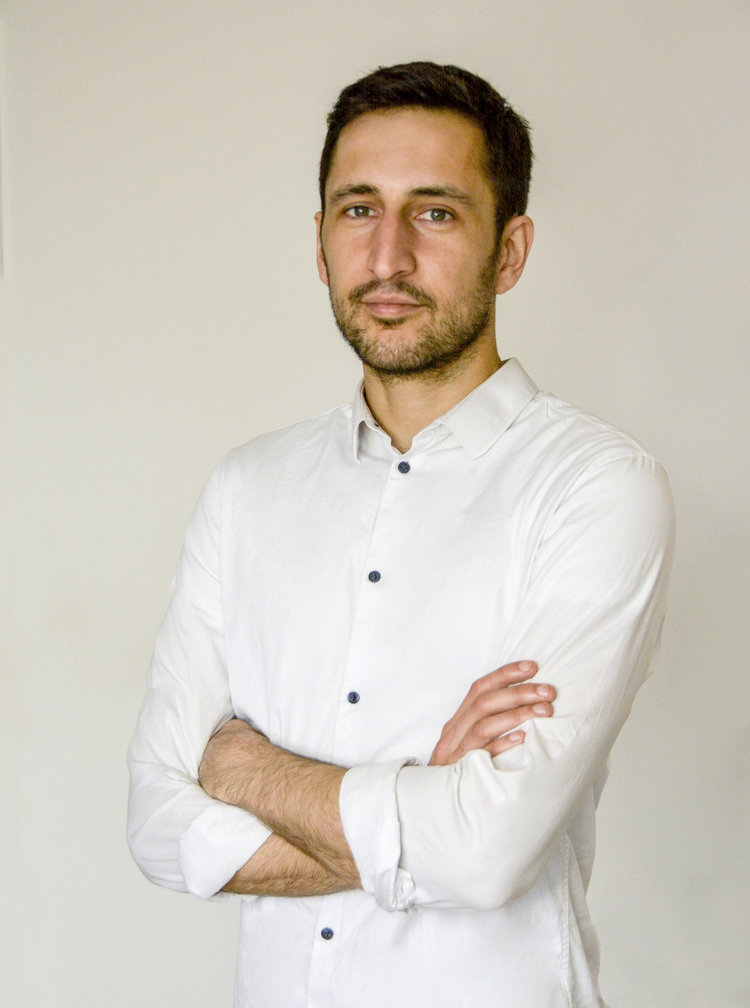Fighting for Sustainable Science – One Lab at a Time
Academic and research institutions play a key role in providing evidence on the climate crisis as well as potential mitigation strategies. But, what are they doing to become more sustainable themselves? ALLEA’s latest report Towards Climate Sustainability of the Academic System in Europe and beyond suggests that much more can, and should, be done to make the academic system climate-conscious and sustainable. A change in culture is required where all stakeholders within the academic system become aware of their climate impact and act to reduce it.
One focal point for such a culture shift within academia is the lab. Laboratories are integral spaces for research, innovation and technological progress. But they are also resource and energy intensive. One estimate found that labs account for about 2% of global public waste and use as much as 3 to 10 times more energy per square metre compared with a typical office.
What can labs do to reduce their climate impact? That is the very question Martin Farley has been working on in the last years. As the creator and manager of the Laboratory Efficiency Assessment Framework (LEAF) at the University College London (UCL), he has been doing this by creating and disseminating a green lab standard, and providing toolkits and resources to help scientific institutions improve the sustainability and efficiency of their laboratories. In this interview, we talk to Mr Farley, Europe’s first full-time sustainable laboratory specialist, to understand the challenges and opportunities in the quest to reduce the climate impact of labs.
“Sustainability as a topic of research and discussion will only grow, so I thought, ‘why not consider it in laboratories also?’”
Question: What motivated you to push for the sustainable transformation of scientific labs? Why did you focus on this particular niche?
Martin Farley: I worked and studied in labs in the US and Netherlands. During my time in these labs, I couldn’t help but notice the volume of plastic that I was using, particularly for tissue culturing (a research technique that involves growing animal or plant cells/tissues on an artificial medium outside the parent organism), and I wondered if anyone was doing anything about the sustainability of science. Sustainability as a topic of research and discussion will only grow, so I thought, “why not consider it in laboratories also?” It turns out that science facilities, while niche, are quite resource intensive with many opportunities for sustainability wins.
Q: Tell us a little bit about how you developed, and currently manage, UCL’s LEAF Programme. Was this an initiative that came from you? What barriers were the most challenging to overcome in the process of setting up the programme?
MF: While I initiated the programme, the support from UCL has been crucial to LEAF’s creation, particularly support from Joanna Marshall-Cook, Aaron Kashab, Vindya Dassanayake, Richard Jackson, and Ciaran Jebb, to name a few. Beyond the expected challenges one encounters when developing a new initiative, such as time, creating a website, or building engagement, I’m not sure there have been many that are notable. Both the scientific and sustainability communities have been hugely supportive of this effort, and LEAF has grown thanks to that support. I should add that we still have more to develop, and we need to find the best ways to expand LEAF’s remit while maintaining impact.
“We could also include sustainability and efficiency requirements, as we do with health and safety requirements, in the building and refurbishment of science facilities.”
Q: In a Nature article, you mention that the LEAF framework was developed to set shared standards for sustainable laboratories. Can this framework be applied across disciplines and geographical boundaries (we noticed that most of the signatories are in the UK)?
MF: While the majority of institutions that have signed up are from the UK, LEAF is in use in 14 countries now, including two institutions in Australia. This framework certainly can be applied beyond the UK. We’re also developing some new versions of LEAF for more specialist environments, which should be ready in early 2023 for participating institutions. The work that we’ve done has shown that there’s a lot of people working in specialist environments seeking guidance on how to be more sustainable.
Q: You also advocate for more stringent, mandatory “sustainability requirements” analogous to those for occupational safety. What could that look like?
MF: There’s much scope for discussion on what this would look like, but I like the health and safety model – having common, accessible standards that operations may be assessed against. Such standards in the sustainability space should be supported by academic institutions, funders, and commercial operations. We could also include sustainability and efficiency requirements, as we do with health and safety requirements, in the building and refurbishment of science facilities.
“I think more sharing and standardisation of approaches might be positive in our transition to climate sustainability. Currently, institutions need to […] repeat the same learnings that others have likely already done.”
Q: What are some of the challenges you have encountered with institutions trying to replicate the LEAF standard?
MF: I think generally most sustainability initiatives are voluntary, and so are dependent on the availability and willingness of individuals. This is a challenge for all such initiatives: How does one transition from a singular effort of goodwill to a common practice? My hope is LEAF helps them make that transition more easily, but it’s only one part of the wider sustainability efforts.
Q: Beyond laboratories, what would you like to see more/less of in the academic system’s transition towards climate sustainability? What are the low-hanging fruits that we can immediately build on right now?
MF: I think more sharing and standardisation of approaches might be positive in our transition to climate sustainability. Currently, institutions need to each develop their own strategies, create their own job descriptions, and repeat the same learnings that others have likely already done. I know academic institutions in some ways are in competition, but when it comes to sustainability, we need to understand that we’re on the same side. Sharing of practices does take place, but more could facilitate a quicker acceptance of targets, standards, etc. Also, there could be more efforts made to understand scope 3 carbon emissions (indirect emissions across an organisation’s whole value chain, such as travel, lab equipment, materials and waste) because by only focusing on scope 1 (direct emissions such as from refrigerants, on-site electricity generation and gas consumption for heating) and scope 2 (indirect emissions from energy directly consumed) emissions, we might be shooting ourselves in the foot. Low-hanging fruit might be as simple as shutting down our buildings (lights, heating etc.) after office hours.
“I know academic institutions in some ways are in competition, but when it comes to sustainability, we need to understand that we’re on the same side.”
Q: What institutional or cultural practices within academia are the most difficult to change in the transition towards climate sustainability?
MF: I think our accounting systems potentially disincentivise sustainability solutions. The financial year is 12 months, but sustainability planning might rely on much longer time scales, and this mismatch could create challenges for institutions to incorporate climate-conscious solutions. But we can work around these challenges. The budget to build a facility, for example, might be different from the one that pays to operate it. Equally, the individuals who utilise resources (like energy or consumables) often aren’t those who are responsible for paying for them, which affects consumption – bridging this gap between the payers and users could have a positive impact on consumption. I think we need to consider financial models and incentives alongside standards if we want to achieve some long-term net-zero goals.
Q: Do you believe that the sustainable transformation within academia is happening fast enough?
MF: I’m certainly encouraged enough to keep trying!
Martin Farley will be one of the panelists at the hybrid event Towards Climate Sustainability – Taking the Academic System from Evidence to Action on 2 November, co-organised by ALLEA in partnership with the Swiss Embassy in Berlin and Die Junge Akademie as part of 2022 Berlin Science Week. Learn more about this event here.
—
About Martin Farley
Martin Farley is the founder and manager of the Laboratory Efficiency Assessment Framework Programme (LEAF) at the University College London (UCL), as well as the Director of Green Lab Associates, a consultancy which helps make laboratories more efficient and sustainable.
While he began his career as a biologist, Farley went on to become the UK’s (and Europe’s) first full-time sustainable laboratory specialist at the University of Edinburgh. Today, his pioneering strategies are used by research universities in Europe, Australia, China, Singapore, and Japan to identify, track, and meet sustainability goals in the lab. Farley has been recognised for his innovative work in the sustainability sphere with the EAUC’s Sustainability Professional Green Gown award, as well as an Institute of Environmental Management & Assessment fellowship.
Recent Publications by Martin Farley
How green is your science? The race to make laboratories sustainable
Getting labs to net zero needs a coordinated effort
Re-use of labware reduces CO2 equivalent footprint and running costs in laboratories



